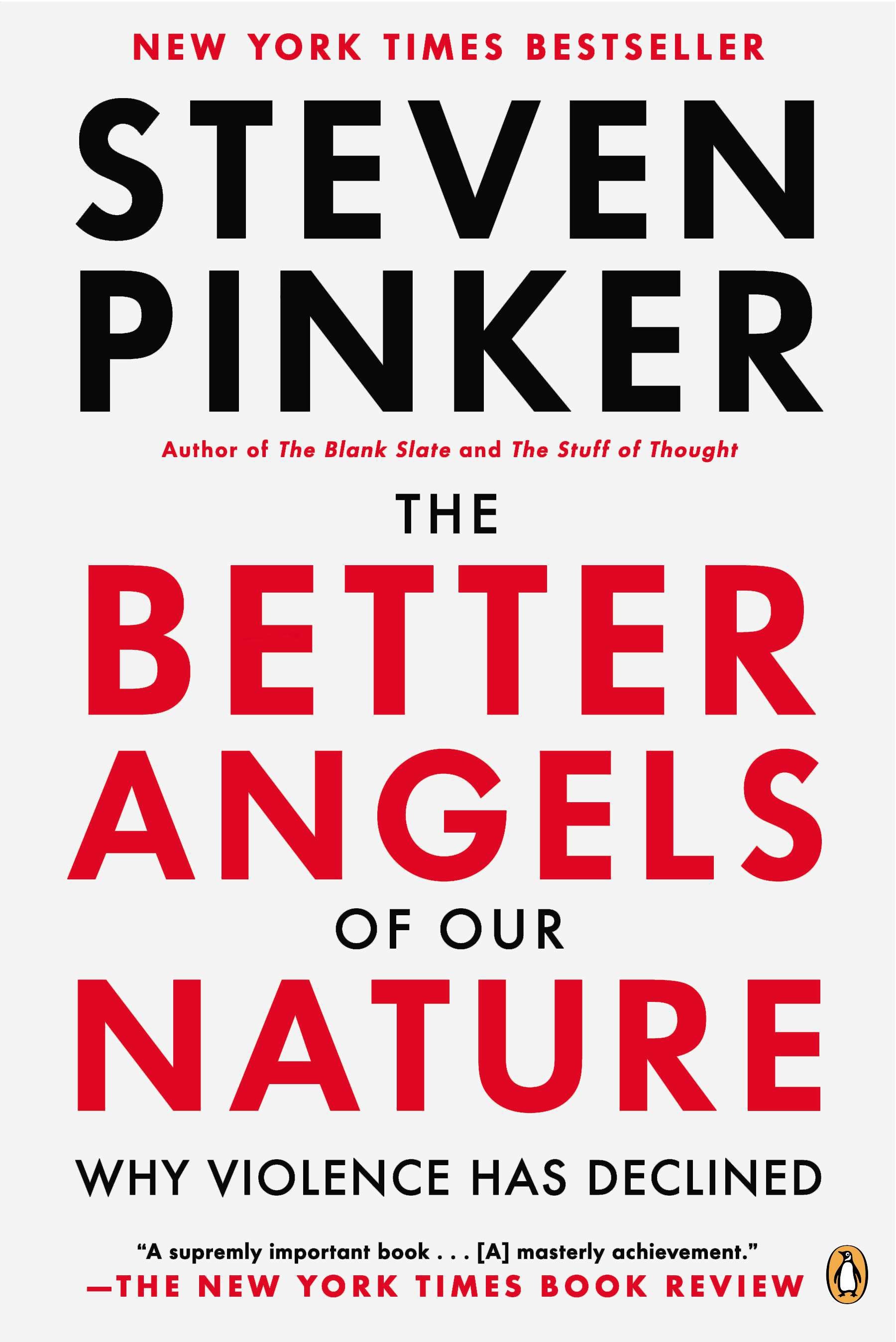
The Death of Expertise: The Campaign Against Established Knowledge and Why It Matters
by Thomas M. Nichols
Published for the first time: 4/27/2017
272 pages, Hardcover
Genres: Education, Psychology, Sociology, Science, Politics, Nonfiction, Philosophy
The rise of the internet and other technology has made information more easily-accessible than ever before. While this has had the positive effect of equalizing access to knowledge, it also has lowered the bar on what depth of knowledge is required to consider oneself an "expert." A cult of anti-expertise sentiment has coincided with anti-intellectualism, resulting in massively viral yet poorly informed debates ranging from the anti-vaccination movement to attacks on GMOs. This surge in intellectual egalitarianism has altered the landscape of debates-all voices are equal, and "fact" is a subjective term. Browsing WebMD puts one on equal footing with doctors, and Wikipedia allows all to be foreign policy experts, scientists, and more. As Tom Nichols shows in The Death of Expertise, there are a number of reasons why this has occurred-ranging from easy access to Internet search engines to a customer satisfaction model within higher education. The product of these interrelated trends, Nichols argues, is a pervasive distrust of expertise among the public coinciding with an unfounded belief among non-experts that their opinions should have equal standing with those of the experts. The experts are not always right, of course, and Nichols discusses expert failure. The crucial point is that bad decisions by experts can and have been effectively challenged by other well-informed experts. The issue now is that the democratization of information dissemination has created an army of ill-informed citizens who denounce expertise.When challenged, non-experts resort to the false argument that the experts are often wrong. Though it may be true, but the solution is not to jettison expertise as an ideal; it is to improve our expertise. Nichols is certainly not opposed to information democratization, but rather the enlightenment people believe they achieve after superficial internet research. He shows in vivid detail the ways in which this impulse is coursing through our culture and body politic, but the larger goal is to explain the benefits that expertise and rigorous learning regimes bestow upon all societies.
🤓 Related books
Comments
No comments yet. Be the first to comment!





























